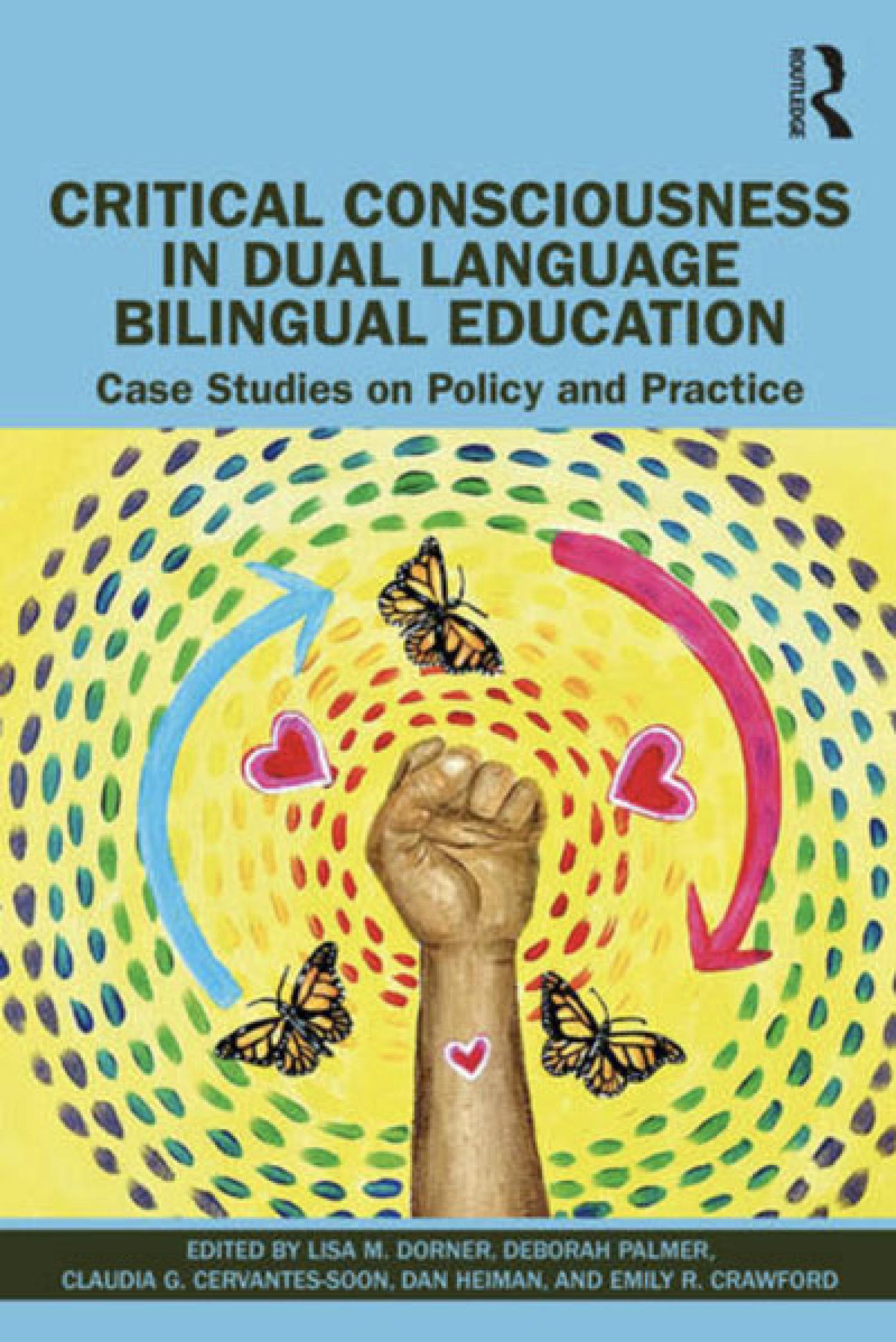What Are We Reading?

Ready to be inspired and empowered? Check out the two thought-provoking books authored by Dr. Deb Palmer, a renowned faculty member in the BUENO Equity, Bilingualism and Biliteracy department.
- Critical Consciousness in Dual Language bilingual Education: Case Studies on Policy and Practice
Applying a pioneering critical consciousness approach, the volume provides readers with narratives, awareness, and tools to support culturally and linguistically diverse students and their families. Organized around four major areas—policy, leadership, family and community engagement, teaching and teacher learning—the volume’s case studies bring together stories from policymakers, educational leaders, family and community members, and teachers. The case studies spotlight examples in which power imbalances have been identified and shifted through critically conscious actions and offer insight into how to ensure all DLBE programs are nurturing, empowering, multilingual environments for all students, particularly racialized, immigrant, and transnational students. Accessible and varied, the case studies address important topics such as anti-Black racism, digital access, disability, school-district relations, working with undocumented families, and more. Each chapter includes a case narrative, teaching notes, discussion questions, and/or teaching activities to support stakeholders who wish to develop and enact equity in their DLBE policies, classrooms, and professional development.
A key resource for supporting student needs and transformative inquiry in the classroom, this book is ideal for graduate students, professors, leaders, educators, and other stakeholders in bilingual education and language education.
- Gentrification and Bilingual Education: A Texas Two-Way Bilingual School Across Seven Years

